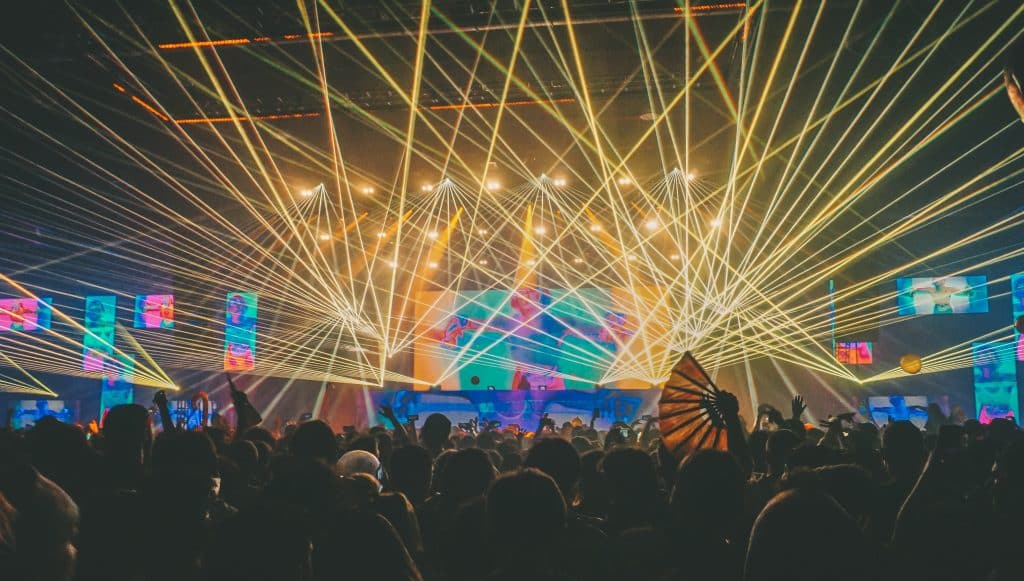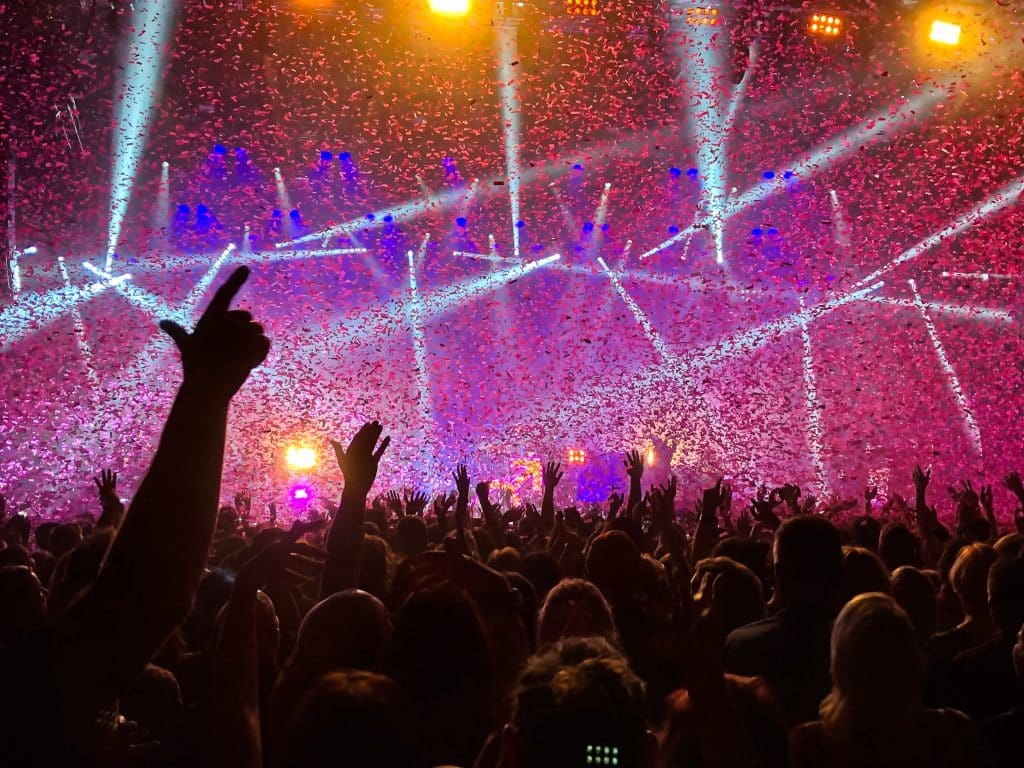Introduction
On the road to being an independent artist, it’s always nice to have a leg up when trying to get your name out there. Labels can help get your music shown to more people, but they also can help with 'connecting the dots' in the process of releasing music like providing a graphic designer, mastering engineer, distribution avenues, licensing opportunities, and marketing planning. In a similar role, show promoters can help put your name in front of new fans, as well as coordinate the logistics of a show such as venue rental, flier printing, marketing support, hotel purchasing, and so on. From this description, it sounds like if you can get a promoter on your side and a label backing you, you should be good to go, right?
Soft Versus Hard Ticket Sales
In the show booking world, there is a clear distinction between “soft ticket sales” and “hard ticket sales”. A soft ticket show is one that has a built-in crowd with either free entry or cheap tickets. For example, a weekly show at a specific venue on a certain day or a promoter that is able to sell tickets regardless of who plays at the show. A festival play could also be considered a soft ticket event due to the ambiguous nature of which act is selling how many tickets. Conversely, a hard ticket show is a standalone play that includes a headliner with a clear history of selling tickets in the market and potentially a support act that could have some fans but is trying to build their history in the market. Hard ticket acts often have their own marketing infrastructure beyond what the promoter provides, and a smart promoter will normally incentivize an artist who can increase sales with their own marketing in the form of a “backend” percentage deal or bonus structure.

Understanding the difference between these shows as an artist can help you make informed decisions and make your negotiations more effective. Knowing if you are a “hard ticket act” or a “soft ticket act” is instrumental in knowing where you will likely get bookings. Having loads of fans and plays online or big festival plays does not instantly convert an artist into a hard-ticket act. It’s normally only through repeated, quantifiable history that an act gains “hard ticket” status in a specific city or market. Being a hard ticket act is a lofty goal for many artists but one that should be reached for in order to create a long-term, bootstrapped career that can support an artist and their team for years to come.
Sales Versus Outlets
One can draw some similar correlations when talking about releasing songs in the digital age of music. For the sake of context, we might call some labels or channels “hard sale outlets” and some “soft sale outlets”. In this example, a popular Youtube channel where each upload gets hundreds of thousands of plays regardless of the artist could be considered a “soft sale outlet”. These outlets can also be channels based on a currently popular trend in music style, or they could be an artist-owned label where the biggest support comes from posts from the artist themselves without much planning or infrastructure elsewhere or for the long term. Soft sale outlets are normally a fleeting level of exposure, and that is one of the clearest distinctions. A “hard sale outlet” might be a label that provides an in-depth marketing plan with support for artist development on a greater scale than purely play numbers. This type of outlet would encourage artists to be self-sufficient and would generally work with artists who have carved out a relatively unique sound rather than a currently fashionable one. Further, this outlet would have relationships with other “soft sale” outlets such as blogs, Youtube channels, or Spotify playlists to increase the overall reach of the music released.

An important thing to note is that the lines between these types of outlets are much less defined than in the show booking world. A soft sale outlet can often spawn a hard sale sub-brand in the form of a carefully curated label or artist collective. An artist can also have a lot of followers that produce music sales, but those fans could be transitory and might not care much about the artist a year from now. The combinations are endless, but the important takeaway is that not all outlets or artists with a high play count are created equal. For example, an artist with a lower play count might sell more tickets across the country than an act with exponentially more plays.
The Challenges and Rewards of Hard Sales
Hard ticket promoters and hard sale labels both will generally be more choosey with who they work with. If you don’t have a proven track record of sales, working on building your marketing infrastructure can not only help show you are serious about your career but can also be vital to the promotion of both your music and your shows. An artist with their own infrastructure will have a much higher chance of becoming a hard sale act. That infrastructure could include an email list and social media followers built up through sites like Bandcamp and Toneden, as well as listing shows on sites like SongKick and BandsInTown which then supplies those same listings to outlets where fans listen to your music like Spotify and SoundCloud. Diversifying your methods of communication ensures that you’re able to withstand the changes in the industry.

Becoming a hard sale act, both in music and ticket sales, can help an artist thrive regardless of the current genre trends. This should be a larger goal for anyone wanting to have a long-term career in music. By leveraging soft ticket plays and soft ticket outlets, a crafty artist or manager can help propel an artist into hard sale scenarios.
